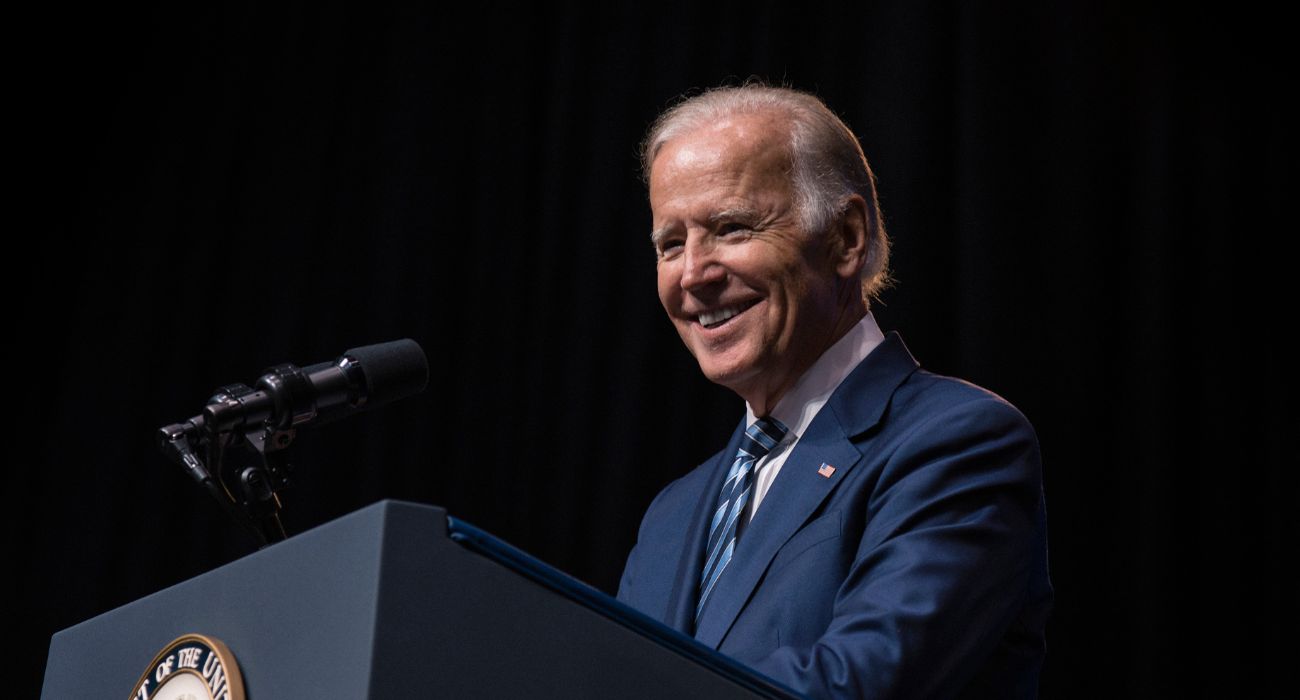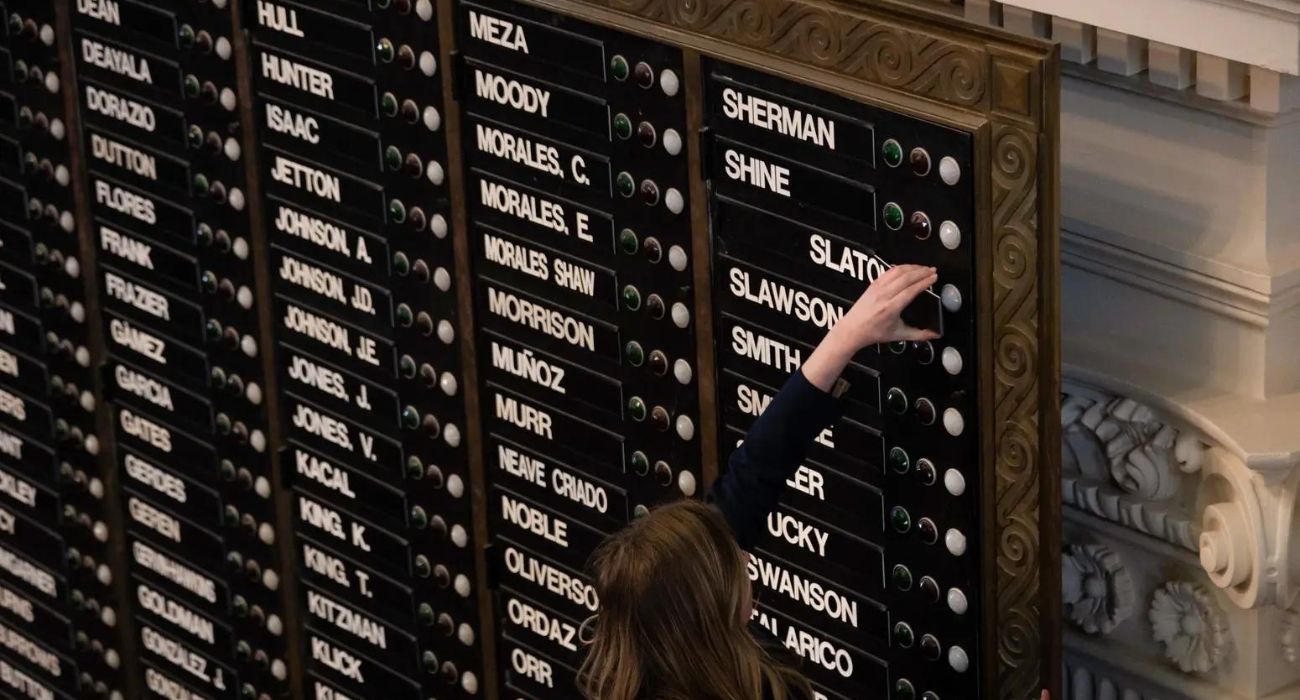A new government report suggests that a federal program intended to give lower-income households access to the internet is fraught with complaints and a lack of anti-fraud protections.
The Federal Communication Commission’s (FCC) Affordable Connectivity Program (ACP) costs $14 billion in taxpayer money and supplies internet to about 16 million people throughout the nation, 1 million of whom are in Texas. Internet providers enroll qualified customers at discounted rates, then the government pays the providers a stipend of $30 per month.
But a January 2023 report from the Government Accountability Office (GAO) concluded that the program’s database was full of duplicate subscribers, social security numbers that do not match up, and missing address information.
The FCC has been inundated with complaints from users, ranging from customers saying their internet bill went up after signing up for the program to others saying they were registered for the program without their consent. According to CBS DFW, Texans sent in more than 700 complaints.
“This has been absolute hell,” said one customer from Midlothian, as reported by CBS DFW.
Sen. Ted Cruz (R-TX), in a joint statement with Sen. John Thune (R-SD), said, “The results of GAO’s findings reveal that the FCC’s [Affordable Connectivity Program] is subject to massive waste, fraud, and abuse of taxpayer dollars.”
Despite its shortcomings, Dallas resident Roy Estrada told CBS DFW he finds the program “very, very helpful,” adding that he uses the internet provided through the program to track the DART schedule and apply for jobs.
“Basically, everything is going to technology these days,” he continued, per CBS DFW. “You have to have the internet to be in contact with the world. If you don’t have it, you are losing out on a lot of things.”
The ACP will use all of its appropriated funds by the beginning of 2024 unless Congress intervenes.
U.S. Rep. Marc Veasey (D-TX), whose congressional district encompasses portions of Fort Worth and Irving, said he is concerned the program could become divisive when Congress considers continuing the program’s funding.
“I do worry about that because there is always someone out there who is willing to pick on poor people and look for an excuse to kill a program that is aimed at helping lower income [sic],” he said, as reported by CBS DFW.
He continued, “That why it’s important that we have our providers, non-profits and elected officials sit down at the table and make sure something like that doesn’t happen again,” per CBS DFW.
According to Veasey, the goal of the program is worthwhile even if improvements need to be made.
“Is the program perfect? No, it is, absolutely, not perfect. Do things need to be worked out in the program? Absolutely, they do,” he said, per CBS DFW. “But should we stop trying to get low-income families connected to the internet? No, we should not stop.”
In a statement obtained by CBS DFW, a spokesperson for the FCC said, “The success of the Affordable Connectivity Program, which currently helps nearly 16 million eligible households afford high-quality broadband service, continues to be a top priority for the Commission.”
“We appreciate GAO’s recommendations and are committed to further improving our performance goals, expanding consumer outreach, and monitoring for risks within the program,” the statement continued.
The Dallas Express reached out to Rep. Veasey’s office for comment, but did not receive a response by the time of publication.






